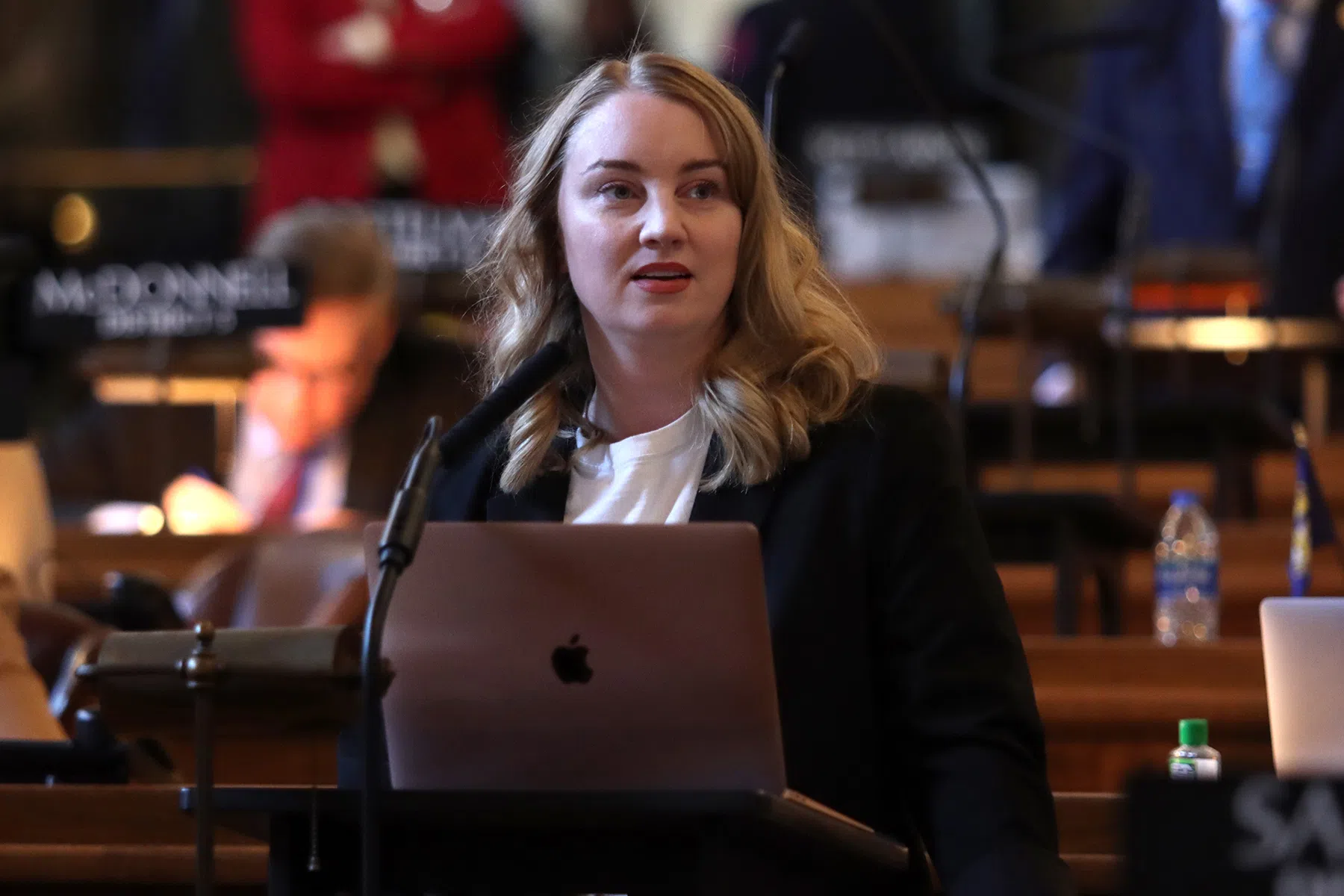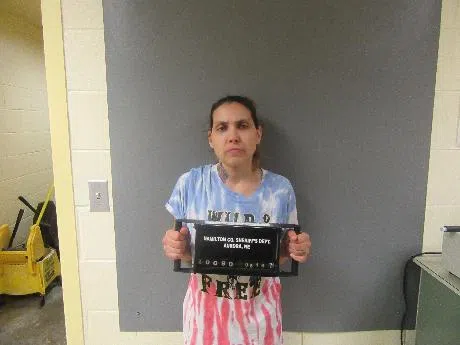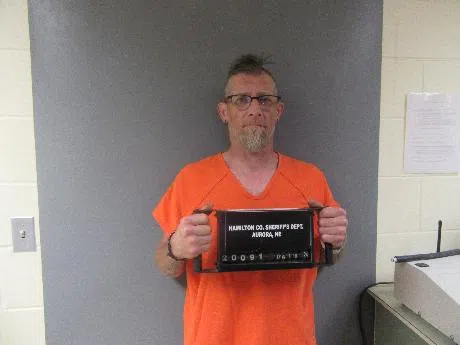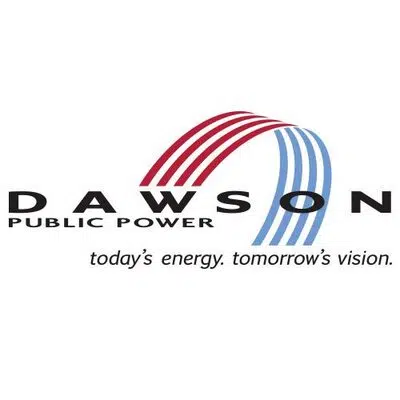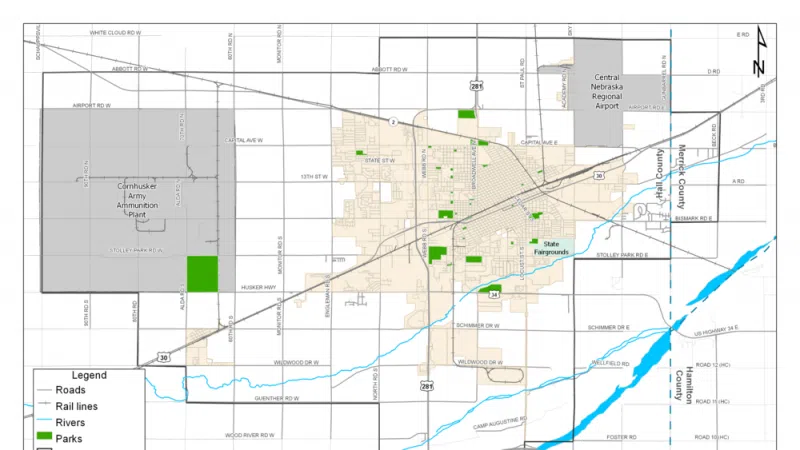LINCOLN, NE – Governor Pillen has vetoed LB 307, a data-backed public health measure with broad bipartisan support, citing non-peer-reviewed working papers that rest on methodologically questionable ground and spurious claims underscoring his willful misunderstanding of the bill.
The bill would allow cities and counties to authorize the creation of Syringe Service Programs (SSPs) as part of public health efforts to reduce the spread of infectious diseases like HIV or Hepatitis C. SSPs offer safe disposal of used needles and syringes, distribute sterile needles on an as-needed basis, and provide an array of harm reduction services such as referrals to mental health and substance use treatment, HIV and STI testing, and overdose prevention education and materials such as naloxone and fentanyl test strips.
Under LB 307, no community is required to adopt an SSP, and the local governing body – city council or village board – would authorize and set its own regulations for the SSP tailored to that community’s specific needs. That local governing body retains the authority to restructure, re-regulate, reconsider, or revoke approval for its program at any time if it is no longer necessary or effective at meeting that community’s needs. This bill offers a uniquely Nebraskan solution, crafted with a broad coalition of local stakeholders and lawmakers, to the challenges of addiction and opioid abuse facing our communities.
“A wealth of research over three decades overwhelmingly shows that SSPs reduce transmission of infectious disease, increase the likelihood of users accessing treatment and engaging in long-term recovery, reduce unsafe syringe disposal and litter in surrounding communities, and protect law enforcement and first responders from needle stick injuries,” Hunt said. “The United
States Center for Disease Control is an excellent clearinghouse for these statistics and the studies backing up this evidence which are academically rigorous and thoroughly vetted.”1
In his veto letter, one of Pillen’s primary concerns cited is that the bill would “allow for children of any age” to participate in SSPs and that LB 307’s passage would “encourage minors to abuse dangerous drugs instead of seeking out the substance abuse treatment they need to overcome drug addiction.”
“This statement demonstrates that Pillen is simply not familiar with the bill,” Hunt said. “Governor Pillen seems to have a fundamental misunderstanding of the function of SSPs, which serve as a doorway to accessing treatment. The relationships, resources, and referrals people obtain from an SSP are often the first opportunity for treatment they receive. In fact, people who use SSPs are up to five times more likely to receive treatment.2 In addition, no public health, medical, or behavioral health clinic administering an SSP is going to hand out syringes to young children. To imply otherwise is fear-mongering and undermines trust in Nebraska’s expert healthcare providers. ”
The bill was developed and informed by input and support from local experts in public health and addiction psychiatry, the Nebraska Medical Association, county health departments, social workers, pharmacists, law enforcement, behavioral health, the former Surgeon General under President Trump, and Nebraskans who have experienced addiction.


